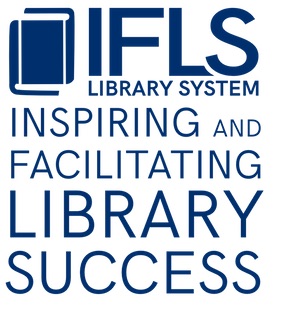Following up on my last post about the webinar More Than Welcome: Libraries Serving Families of Young Children with Disabilities!
Today we are covering Programming. Many early childhood experts are very focused on the importance of inclusion instead of offering separate programs for kids with disabilities. There are so many Universal Design strategies that libraries are already doing that make programs more accessible to all kids. Here are a few things that the presenters stressed:
- Basic Structure
- Having your storytime (or other programs) follow a familiar routine is great for all kids, and even more important for kids with disabilities!
- Consider a visual schedule to allow people to follow along with what you are doing so they know what to expect
- Remember that repetition is important for everyone. And again, especially for kids with disabilities!
- If you are teaching a fingerplay or action-based activity, be sure to include a minimum of three repetitions.
- Explanation
- Practice
- Apply
- Don’t worry about too much repetition–if you are concerned that parents might complain, explain that it is how children learn best, and that they enjoy it!
- This extends to using familiar songs, fingerplays, activities, and even books
- If you are teaching a fingerplay or action-based activity, be sure to include a minimum of three repetitions.
- Having your storytime (or other programs) follow a familiar routine is great for all kids, and even more important for kids with disabilities!
- Engage all the senses
- Add tactile and movement activities
- Embed descriptions and opportunities to feel textures into your storytime
- Provide opportunities for socializing, relationship-building, and connections
- Ask open-ended questions, this facilitates socialization and learning.
- To avoid having the same kids answer every time, encourage kids to tell their adults instead of the whole room
- Remember to silently count to seven as you wait for an answer, it can take kids a while to process the question
- Kids can respond verbally or with gestures
- It can help to plan your questions in advance to make sure you have some high quality ones
- Provide nametags for adults and children to make it easier for adults to get to know each other.
- Allow for playtime or a craft activity after the program to allow for informal time to get to know each other
- Ask open-ended questions, this facilitates socialization and learning.
- Pay attention to the physical environment
- Make sure there are non-floor options for caregivers and kids alike
- Make sure everyone has good sight-lines
- Ensure there is space for wheelchair seating
- If possible, provide alternative seating like balance-ball
- Provide fidgets as needed
- Use a microphone!
- Behavior tips
- Set expectations
- Give a warning if you are going to do something that might be overstimulating
- Address adult participation, leaving for breaks, and make sure everyone knows the level of formality so they don’t have unrealistic expectations of themselves or their children
- Invite one on one conversations with adults and kids to help you understand what will help make storytime a good experience for them
- Manage your own expectations and be ready to relax them
- Remember that the size of the group can make it overwhelming–do what you can to keep the size of your programs manageable
